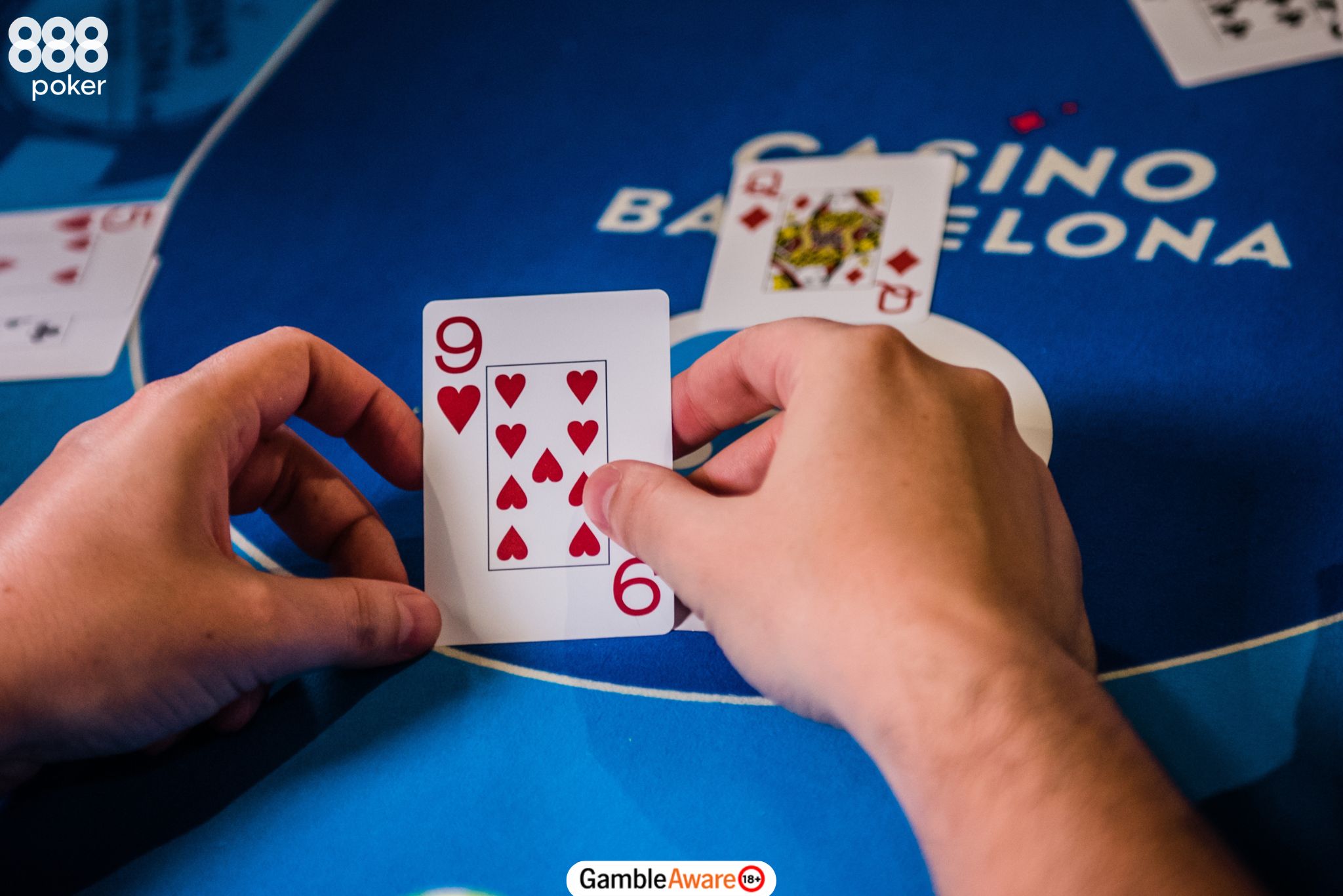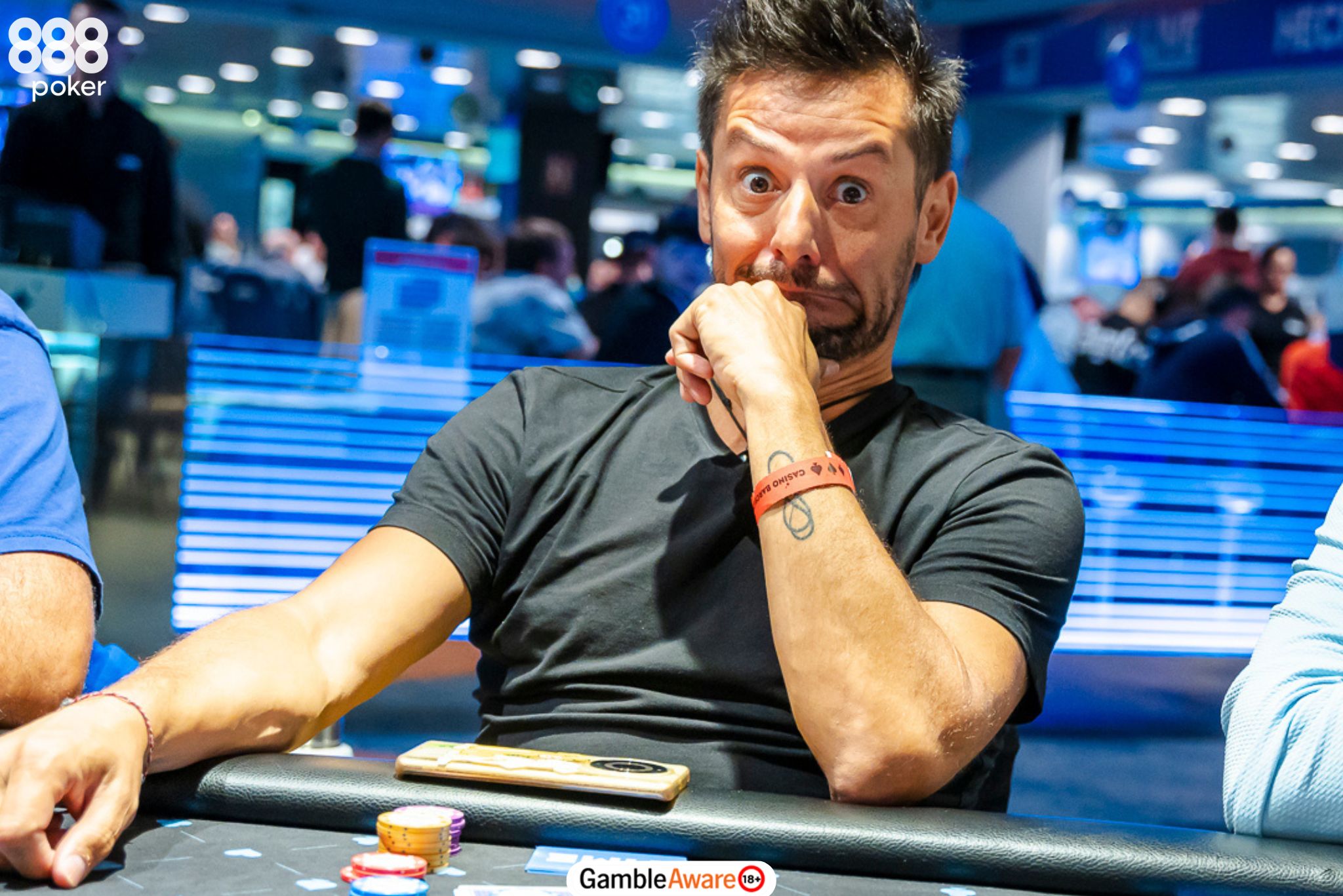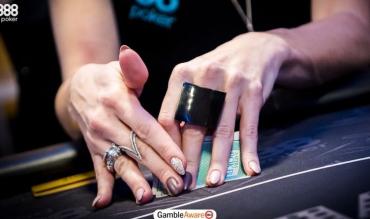After playing poker for years, most players can agree on this one fact: everyone makes mistakes. The difference between winning and losing players isn't that winners never mess up; it's that they make fewer costly mistakes and fix them faster.
After analysing thousands of hands and watching countless players throw money away, the same errors crop up repeatedly.
Here are the biggest money-losing mistakes at the tables, and how you can fix and avoid them.
1. Playing Above Your Bankroll
This one takes the cake as the most common. It’s the quickest way to go broke, and I've seen it destroy promising players.
A poker muggle once saved up $500 and immediately jumped into a $200 buy-in in a sea of poker tournaments. He was out in 20 minutes.
That's not playing poker, that's gambling with money you can’t afford to lose.
- The golden rule: never risk more than 1% of your poker bankroll in a single tournament (or average buy-in per session).
- If you've got $1,000 set aside for poker, stick to $10 buy-ins maximum.
- Cash games? You need at least 20 buy-ins for your stake level.
It sounds boring, but here's the thing: when you're not worried about the money, you play better poker. You can make the right fold instead of calling because "I've already put so much in”, or value bet thin without sweating bullets.
And then there’s the uncontrollable poker variance. It can hit you so hard that you see your bankroll disappear faster than free drinks at a pub if you don’t have enough buy-ins.
2. Not Paying Attention to Your Opponents
This mistake is mind-boggling. Seeing players on their phones whilst massive pots play out in front of them is a tragedy. And they wonder why they can't read anyone!
Every extra bit of information you can get besides your own cards will help you win more money. This trick of the game is the ultimate poker cheat sheet!
So, when you're not in a hand, pay attention to what others are doing!
Watch for the following tells:
- Who bluffs and who doesn't
- Bet sizing patterns (does Sarah always bet big with the nuts?)
- Physical tells (does Mike touch his neck when he's bluffing?)
- Emotional state (is Jenny tilting after that bad beat?)
Here’s one massive tell the author picked up on a regular at their local casino. He'd reorganise his chips whenever he was executing a poker bluff.
Simple, right? It cost him hundreds before he figured it out.
3. Missing Value When You're Strong
One of the biggest money leaks is when players become afraid of "scaring off" their opponent when they have a monster hand.
Look, if you've got the nuts or near-nuts, your job is to build the biggest pot possible. Don't get cute with tiny bets hoping they'll call and bet for value.
Recently, a player slowplayed pocket Aces on an A-7-2 rainbow flop, checking it down. His opponent had A-Q and would have called any reasonable bet, and not only on the flop.
Instead of winning a big pot, he won the minimum.
Sure, you’ve got to mix it up, and betting thin should be in your game, but weak players slowplay too often, bet too small and miss thin value opportunities.
If your opponent folds to a big value bet, they probably weren't calling a small bet either.
4. Terrible Bet Sizing
A player betting the same amount regardless of the situation is a dead giveaway that you’re facing a weak opponent.
| Good players vary their bet sizes based on things like board texture, stack sizes and opponent tendencies. |
- Small bets work when you want calls (thin value or pot control).
- Big bets work when you want folds (bluffs) or maximum value (nuts).
But here's the key: you need to mix it up in a poker hand. Sometimes you'll bet big with the nuts, sometimes you'll bet big as a bluff. If you only bet big when bluffing, you become incredibly easy to read.
Learn when to bet 33% pot, 75% pot, when to shove, etc.
Your opponents' calling ranges change dramatically based on the size you choose.
5. Playing Too Many Hands Preflop
Poker's boring when you fold every hand. But playing rubbish to stay entertained is expensive entertainment.
Tight players win more money than loose players. That's the maths, pure and simple. Every hand you play costs money (blinds, rake, mistakes), so make sure you're entering pots with an edge.
A decent cash game player might play 23-28% of hands at a 6-max table. If you're playing 40%+ of hands, you're almost undoubtedly playing too loose.
Position matters hugely, too. Q9 off-suit might be profitable on the button, but it's trash UTG.
Learn the difference.

6. Bluffing All Wrong
Most amateur players either never bluff or bluff at terrible times. Both approaches cost money.
Good bluffing isn't about courage; it's about maths.
You must win often enough to make it profitable. If you bet half the pot, for example, you need your opponent to fold about 33% of the time to break even.
Simple as that.
Bluff when the following is true:
- The board texture favours your range
- Your opponent is capable of folding
- You have some equity (semi-bluffs work better than pure bluffs)
- The story makes sense
Don't bluff when your opponent is a calling station who never folds. Save your money.
7. Defending Your Blinds Wrongly
This leak is massive for most players. They either fold too much (giving up their equity) or defend too wide (playing bad hands out of position).
From the big blind, you're getting odds to call with more hands than you think. But, and this is crucial, you need to play well post-flop to realise that equity.
If you're going to call with Q4 suited and have no clue what to do on the flop, fold preflop.
8. Mental Game Issues
Tilt kills more bankrolls than bad cards. Players can lose months of winnings in a single tilted session.
After a long day at the tables, your brain gets tired. Decision-making suffers. You start forcing action that isn't there, playing hands you'd usually fold, making hero calls you'd generally avoid.
Set a stop-loss. If you're down more than three buy-ins in a cash game session, go home. Your GTO poker A-game has left the building.
Similarly, don't chase losses by moving up in stakes.
You’re not playing poker anymore; you’re just resorting to desperation.
How to Fix These Poker Mistakes

Knowing what you're doing wrong is only half the battle.
Here's how to improve:
- Review your hands. Every session, mark the hands that felt tricky and review them afterwards. Most players never do this, and so they continue to repeat the same mistakes.
- Track your results. Use software like PokerTracker to see where you're losing money. You may be a winner from the button but bleeding chips from early position. The data doesn't lie.
- Find other players to discuss hands. Fresh eyes spot leaks you can't see. Even players at your level can help.
Time to Plug Those Leaks
Poker mistakes are costly, but you can correct them. The long-run winners are not always the best poker players of all time.
They're the ones who work the hardest to eliminate leaks in their game.
Start with the fundamentals:
- Bankroll management
- Paying attention
- Not playing trash hands
When that is taken care of, then you can work on the technical aspects of the game, such as bet sizing and bluffing.
Above all, never lie about your errors. Your ego will not pay the bills, but fixing your leaks will.
The money's there for the taking. You need to stop being the one giving it away.


